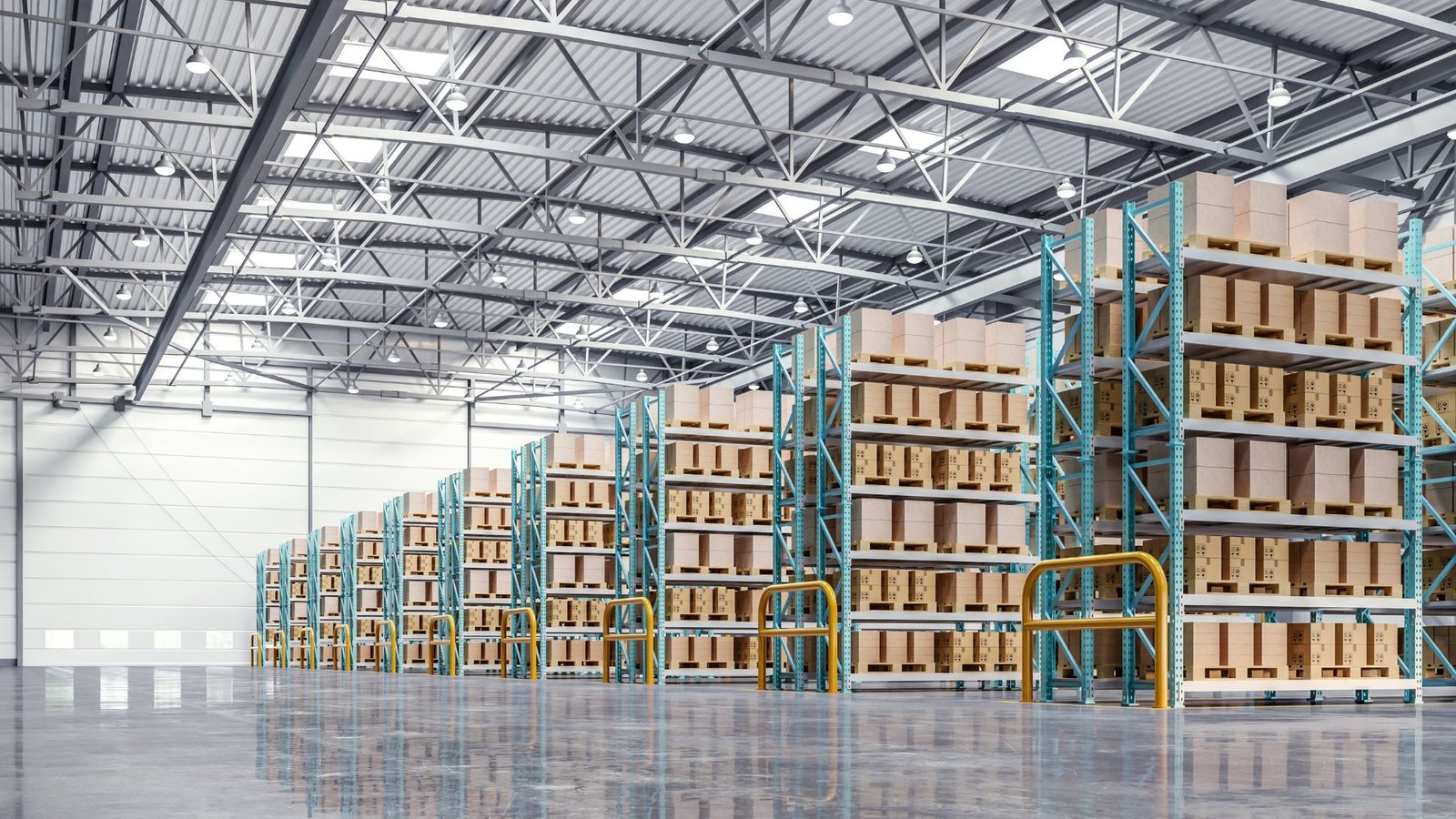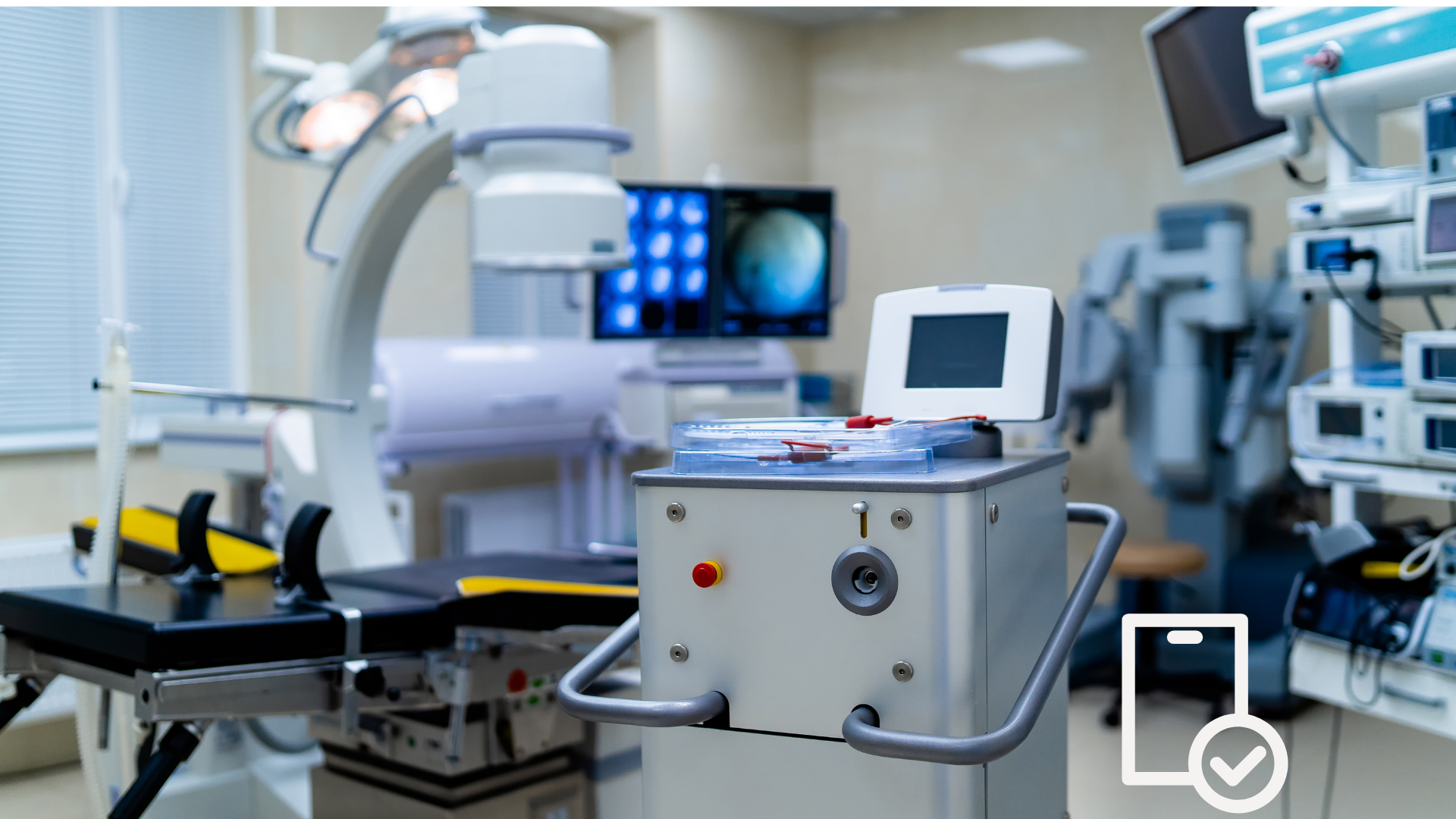Rodents, with their insatiable appetite and knack for squeezing into tight spaces, pose a significant threat to the integrity of warehouses and distribution centres. Beyond the visible damage they cause to property and inventory, rodents also present a serious risk of contamination, jeopardizing the safety of products and the reputation of businesses. Let’s delve into the importance of rodent control in these industrial environments and how proactive measures can mitigate risks effectively.

The Contamination Risks Posed by Rodents
In warehouses and distribution centers, where goods are stored and shipped on a massive scale, the presence of rodents can lead to widespread contamination. These pests carry pathogens on their fur and in their droppings, contaminating surfaces, packaging materials, and even food products. From transmitting diseases to compromising product quality, the implications of rodent infestations can be severe, resulting in financial losses and damage to brand reputation.
Preventing Contamination through Rodent Control
Effective rodent control is essential for preventing contamination and maintaining the integrity of products within warehouses and distribution centers. Rather than relying on reactionary measures after an infestation occurs, proactive strategies should be implemented to deter rodents and minimize their access to the facility.
Read Foodborne Diseases overview
Integrated Pest Management (IPM) in Industrial Settings
One approach gaining traction in industrial settings is Integrated Pest Management (IPM). This comprehensive strategy focuses on preventing pest problems through a combination of proactive measures, regular monitoring, and targeted interventions.
In the context of warehouses and distribution centers, IPM may include:
- Exclusion: Sealing entry points such as gaps in walls, doors, and windows to prevent rodents from gaining access to the facility.
- Sanitation: Maintaining cleanliness throughout the facility to eliminate potential food and water sources that attract rodents.
- Monitoring: Regular inspections and the use of monitoring devices to detect signs of rodent activity early on.
- Control Measures: Implementing targeted control measures, such as traps and bait stations, to manage existing rodent populations effectively.
Partnering with Pest Control Experts
While internal efforts play a crucial role in rodent prevention, partnering with professional pest control providers can provide additional expertise and resources. When seeking assistance, businesses can turn to reputable companies for specialized services tailored to industrial environments.
For instance, businesses can benefit from the expertise of mice exterminator Marietta GA specialists familiar with the unique challenges posed by rodent infestations in warehouses and distribution centers. These professionals employ advanced techniques and environmentally friendly solutions to address rodent issues effectively while minimizing disruption to operations.
keeping-warehouse-personnel-safe-6-key-tips-safety-moment20
Conclusion
In warehouses and distribution centers, where the stakes are high and the margins for error are slim, rodent control isn’t just a matter of convenience – it’s a critical component of ensuring product safety and maintaining business reputation. By implementing proactive rodent control measures, such as Integrated Pest Management (IPM) and partnering with trusted providers like Rat-Exterminator.com, businesses can mitigate contamination risks and safeguard their operations against the detrimental effects of rodent infestations. With a concerted effort to deter rodents and maintain stringent hygiene standards, warehouses and distribution centers can uphold their commitment to quality and integrity in the products they handle and distribute.
Read: photo-of-the-day-work-related-asthma
Have good wellness and health guidance
More Guest Posts







